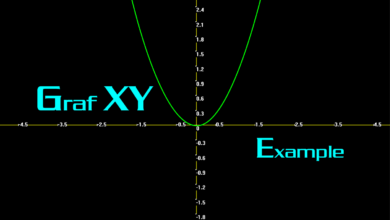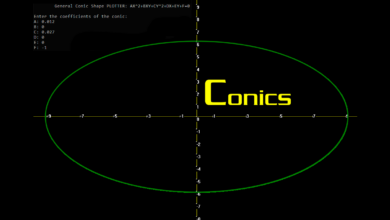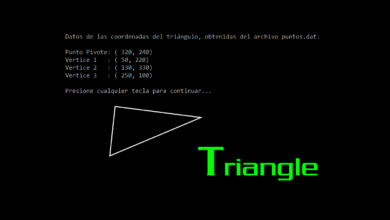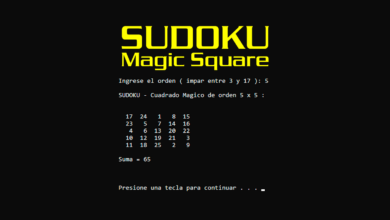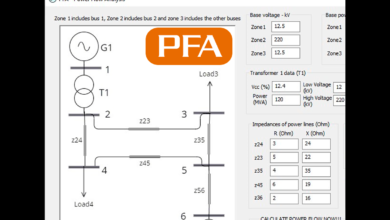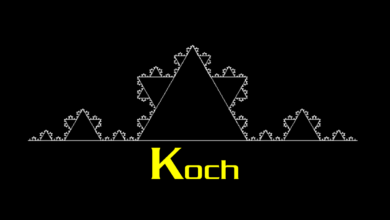C++ Programming GalleryMath and others
Matrix Numerical Methods for Solving Systems of Linear Equations in C++
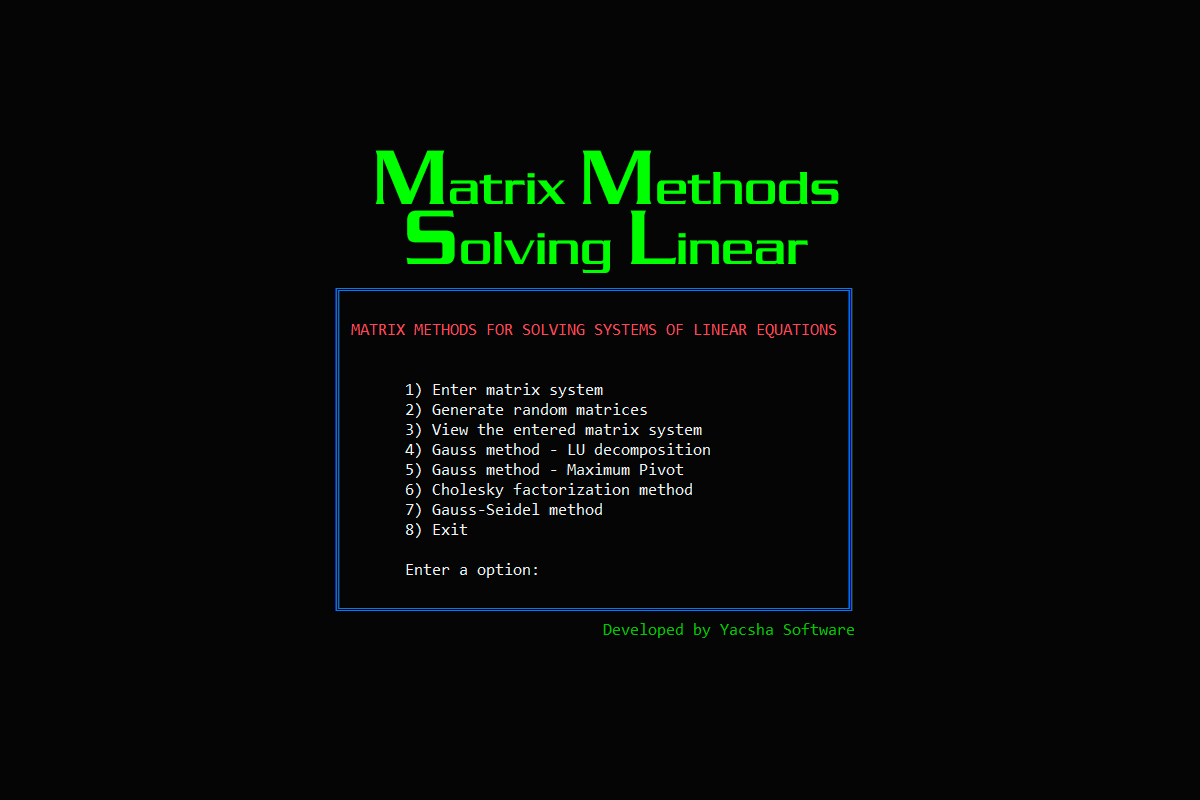
A system of equations is solved using the following algorithms in numerical methods, coded in C++ language:
- Gauss method – LU decomposition
- Gauss Method – Maximum Pivot
- Cholesky method
- Gauss-Seidel method
Developed by:
YACSHA – Software & Desing, since 1999, Lima – Perú
The World of Chaos – EL MUNDO DEL CAOS – Unlimited Programming
You can DOWNLOAD the SOURCE CODE and executable software for FREE from here:
Join The World of Chaos Developer Community😃
Contribute to the project on Github!HISTORY
- Version 2 – 02-IV-2024
- Code is updated and improved
- Comments are translated from Spanish to English
- std::vector is used instead of arrays, and in this way the limitation that did not allow solving systems of equations with more than 10 unknown variables is eliminated.
- Improvements in the coding of the Gauss Seidel and Cholesky algorithms.
- Finished replacing all arrays with std:vector
- An alert message is added informing when the Cholesky method cannot be applied
- The code is modernized, converting it into the CMatrixSolvingLinearEq class
- Traces of old C functions, such as printf, cprintf, fabs, etc… are removed and replaced with their modern equivalents
- Some missing comments and the names of the CMatrixSolvingLinearEq methods are translated into English.
- Unnecessary files are removed
- The option is added to generate the elements of matrices A and B randomly, only defining the order of the matrix and indicating whether it will be diagonally dominant. If you create a diagonally dominant matrix, it can be successfully processed.
- Modifications are added to the History version
- The roots are shown in the Gauss-Seidel method as long as this method converges.
- In the Cholesky method, information messages are added about whether the method converges or does not converge.
- The user is asked whether or not he wants to display the LU matrices, because for a large dimension of A, the display process is slow.
- A chronometer is added to measure the time that each method takes, and the seconds that each method has taken to process the solution are shown, in order to obtain a point of comparison between the efficiency of the algorithms.
- Version 1 – 30-XI-1999
- First version for Borland C++ 3.1 and Turbo C 3.0

